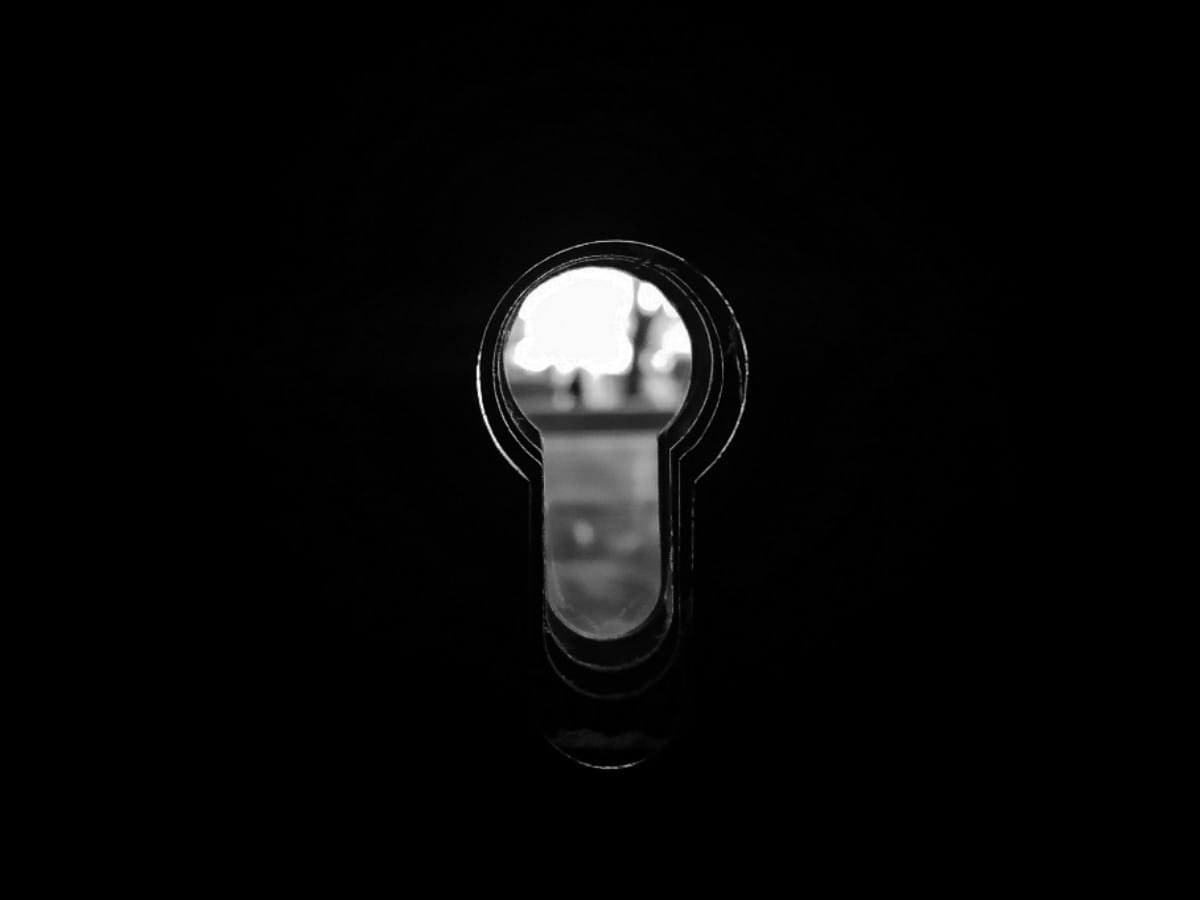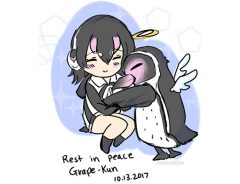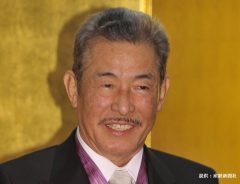
Source: Fr_st P | © Pexels.com
Extreme Isolation in Japan: Hikikomori Shut-Ins and Kodokushi Solitary Deaths
- Tags:
- death / Hikikomori / isolation / kodokushi / shut-in / social recluse / solitary death
Related Article
-

Yu-Gi-Oh! creator Kazuki Takahashi found dead off Okinawan coast
-

Nakayoshi magazine issues heartfelt statement on untimely passing of Tokyo Mew Mew’s Mia ikumi
-

Mini urn helps family members remember and commemorate the deceased anytime, anywhere
-

With telework and social distancing mainstream, Japanese residents try to stay mentally healthy
-

Rest in Peace Grape, The Penguin Who Loved a Cardboard Anime Cutout
-

World-renowned Japanese fashion designer Issey Miyake passes away


Japan is a group-oriented society where harmony and consensus are vital. Despite an emphasis on the group, the number of residents suffering from extreme isolation is paradoxically growing. While some are finding new ways to cope, looking to companion robots or family rental services, others are falling through the cracks.
Hikikomori: Recluses
In Japan, shut-ins are growing in number. The number of hikikomori 引きこもり, recluses who have not participated in society for a year or more, is thought to be higher than one million and as many as ten million. Hikikomori individuals withdraw from social engagements, work, and school. Sometimes becoming violent, they are often wholly dependent upon family members for support.
The disorder was recently pushed into headlines after a governmental official murdered his recluse son. In June of 2019, Hideaki Kumazawa, a former vice-minister of agriculture and envoy to the Czech Republic, stabbed his 44-year-old son in the neck and chest. Kumazawa claimed self-defense in his trial, citing his son's violent behavior and numerous threats. The former diplomat feared his son would commit a crime against his family or society.
Pulling Inwards
The term hikikomori first came into use during the 1970s. Translated as “pulling inwards,” the phenomenon affects mostly males. Overwhelmed by obligations to family, school, and society, they recede to escape the pressure.
According to social workers, hikikomori are often the eldest son or an only child. Gender roles are strictly applied in Japan, and parents have high expectations for their children. With male role models largely absent, recluses have few to look to as they struggle in competitive education or work environments.
According to psychiatric literature, hikikomori is often comorbid with internet addiction, and several symptoms are similar to early-stage psychotic disorders. Indeed, the internet dependence of shut-ins can be shocking, some spending 12 or more hours a day at the computer. Many leave only to deal with physical needs and rely on family members for sustenance.
More specifically, experts describe hikikomori as a disorder defined by 1) spending most of the time at home; (2) no interest in going to school or working; (3) persistence of withdrawal for more than six months; (4) exclusion of schizophrenia and other mental disease; (5) exclusion of friends and family members. Periods of reclusion typically last one to four years.
Breaking a Vicious Cycle
According to expert Saito Tamaki, the disorder causes a vicious cycle. The Japanese job market is notoriously punitive, closing its doors to employees who have been fired or otherwise left the workforce. Hikikomori individuals often experience a shortcoming they feel will exclude them from greater prospects, instigating their initial withdrawal. Ashamed and forced to help, family members also isolate themselves from their community. As time passes, it becomes harder for families to reengage with their communities.
NPOs and clinicians are developing treatment methods. According to some, big brother/big sister systems are effective. In these systems, peer social workers slowly open communication with a recluse through email. After establishing rapport, phone calls followed by in-person meetings are arranged. Although introductions are often done through a closed door, overtime face-to-face conversations may help shut-ins reestablish social tendencies. The end goal is to get recluses into job training programs. Other treatment methods remain underdeveloped.
Kodokushi: Lonely Deaths
In Japan, adolescent men are not the only ones withdrawing. An increasing number of seniors are finding themselves isolated throughout old age. With family members distant or deceased, isolated elderly residents often live in near squalid conditions. Sadly, after passing, their remains go unnoticed for months or even years. This is known in Japanese as kodokushi 孤独死
Throughout the country, young adults are moving to economic centers, while parents remain in their rural hometowns. With busy work schedules, adult children struggle to care for their parents as they become frail.
Like hikikomori, the majority of kodokushi deaths are male. A workaholic culture leads many middle-aged men to become tied to their work. Upon retiring, their social connections to their communities have atrophied. They are left with a sparse support network to rely upon.
Many victims of kodokushi were widowed, the initial cause of their withdrawal. Under such circumstances, widowed seniors often rely on neighbors to check on them. Women, too, are often affected. Several kodokushi cases are females who have outlived their families, even their children.
Several causes of death are associated with kodokushi. For example, myocardial infarctions, brain disease, and starvation are common. There is also an abundance of cirrhosis of the liver. Overrepresented, this condition, a result of alcohol abuse, has led experts to consider the kodokushi a form of suicide.
After Passing
As solitary deaths become more prevalent in Japan, the burden of handling kodokushi has forced several companies to specialize in their cleanup. According to a Quartz article, an Osaka based moving company handled kodokushi cases in twenty percent of its jobs. Another Tokyo cleanup company reported that half of its work was for solitary deaths.
A side-effect of the phenomenon is jiko bukken 事故物件, a growing number of incident properties. Functioning as quasi-condemned, these lodgings are usually associated with murder or suicide. However, properties where kodokushi has occurred are increasingly falling under the term. Jiko bukken properties rent at significantly below-market rates, often forcing landlords to demolish apartment complexes and rebuild after particularly well-known incidences occur.
Rebalancing Obligations
It’s no secret that Japan is a high-context society. There are many norms and rules to follow. Hikikomori, some claim, is an act of escapism. Unable to meet impossible expectations, recluses cope by withdrawing. In a way, they serve as a counterweight to a demanding society — a rebalancing force against intergenerational issues.
Economic pressures and competitive schooling are straining families. At the other end of life, they may also be driving seniors into isolated situations. For residents, a workaholic culture and high-pressure tutelage are exacerbating worrying trends. Indeed, Japan needs inclusive and comprehensive care. For young and old.